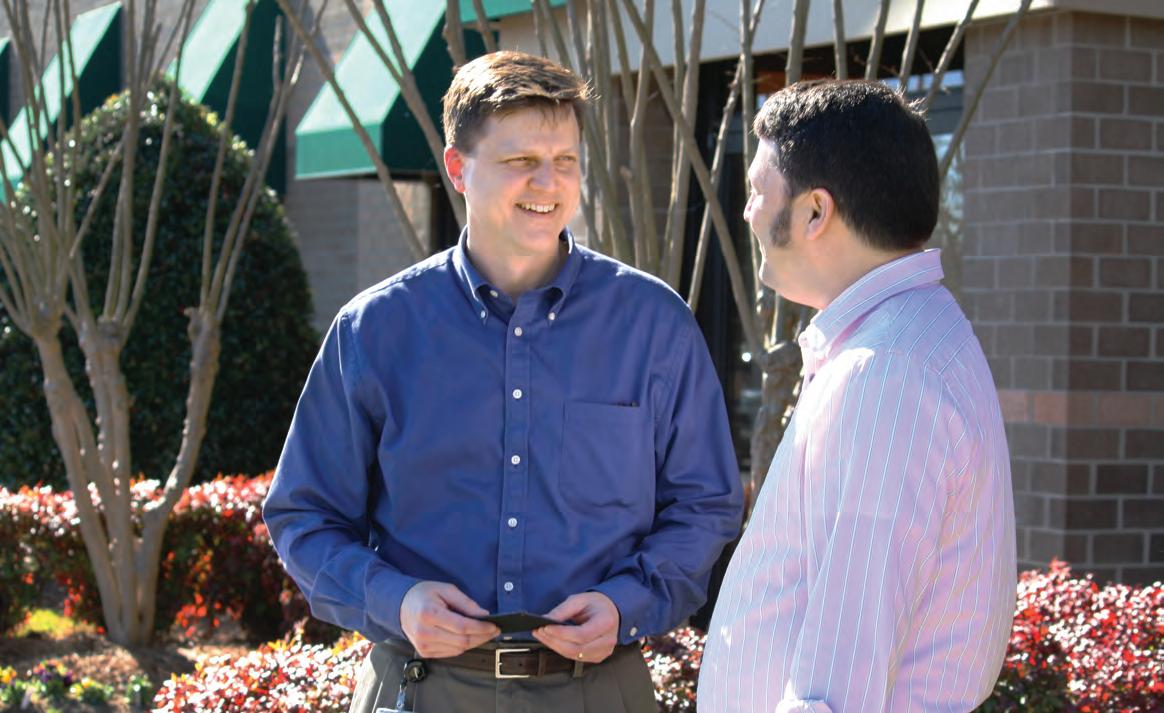
1 minute read
Sustainability: More Journey Than State of Being
from Raven Issue No. 18
By John Gant, Manager of Sustainable Development, Glen Raven Custom Fabrics
“When we say that sustainability is more of a journey than a state of being, we are recognizing the fact that technology and innovation are continually raising the bar on sustainable best practices.”
Advertisement
John Gant
Most conversations surrounding sustainability begin with attempts to define it, and there is no shortage of options. Many definitions of sustainability emphasize protection of our ecosystems so that our quality of life is assured for future generations. It’s hard to argue with this point of view.
The U.S. Department of Commerce has issued a succinct definition of sustainability related to manufacturing: “The creation of products that use processes that minimize negative environmental impacts, conserve energy and natural resources, are safe for employees, communities and consumers and are economically sound.”
We believe that any credible definition of sustainability should include three essential elements – that sustainability is a broadly inclusive concept, that it is more of a journey than a state of being, and that sustainable practices must be economically viable.
The scope of sustainability is absolutely broad and touches every aspect of our operations, including recycling of materials, reduced consumption of energy and water, responsibl e product design with improved eco-friendly materials and processes, and protection of air, earth and water resources. Numerous industry standards and certifications, ranging from GREENGUARD for indoor air quality to ISO 14001 and 9001 for sustainable process improvements, add technical detail around the definition of sustainable practices.
When we say that sustainability is more of a journey than a state of being, we are recognizing the fact that technology and innovation are continually raising the bar on sustainable best practices. Take recycling as an example. Only a few years ago companies were congratulating themselves for recycling cardboard boxes and office paper. Today the gold standard in recycling is being landfill free, and technology and business solutions are available to make this goal attainable for many organizations. >









